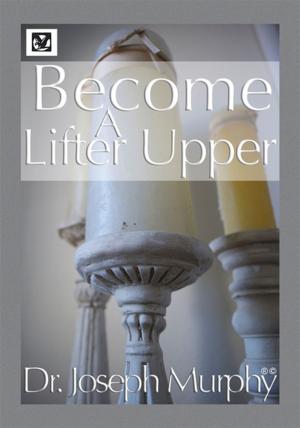| Author: | Pankhuri Sinha | ISBN: | 9781483653112 |
| Publisher: | Xlibris US | Publication: | July 12, 2013 |
| Imprint: | Xlibris US | Language: | English |
| Author: | Pankhuri Sinha |
| ISBN: | 9781483653112 |
| Publisher: | Xlibris US |
| Publication: | July 12, 2013 |
| Imprint: | Xlibris US |
| Language: | English |
These are poems about the soul of the prison and of the society. They evaluate crime and forms of justice and injustice in modern times, within the modern justice system, arguing that the two are very closely tied together. A single missing piece of evidence can legally implicate an innocent person. These poems underline the role of investigation. Thus, these poems elaborate upon and discuss the Foucauldian statement that knowledge is power. They also emphasize upon the power and authority vested in an official position. Only the person implicated wrongly knows the truth of the matter, the truth about the crime. Ironically, proving things is a gigantic task. Apparently, these are poems about living and experiencing the prison with the knowledge of innocence. They are also about the coercion to confess the crime, most surprisingly, by fellow prisoners. The poems are also about the prison being carried over, some through others. They are also about the tendency of confession or story swapping in the society, where people tell horrible things about themselves and expect one in return. Distorting the Germanic practice described in Dr Faust, such games play very heavily upon fresh immigrants, new arrivals, and speak of social domination.
These are poems about the soul of the prison and of the society. They evaluate crime and forms of justice and injustice in modern times, within the modern justice system, arguing that the two are very closely tied together. A single missing piece of evidence can legally implicate an innocent person. These poems underline the role of investigation. Thus, these poems elaborate upon and discuss the Foucauldian statement that knowledge is power. They also emphasize upon the power and authority vested in an official position. Only the person implicated wrongly knows the truth of the matter, the truth about the crime. Ironically, proving things is a gigantic task. Apparently, these are poems about living and experiencing the prison with the knowledge of innocence. They are also about the coercion to confess the crime, most surprisingly, by fellow prisoners. The poems are also about the prison being carried over, some through others. They are also about the tendency of confession or story swapping in the society, where people tell horrible things about themselves and expect one in return. Distorting the Germanic practice described in Dr Faust, such games play very heavily upon fresh immigrants, new arrivals, and speak of social domination.















